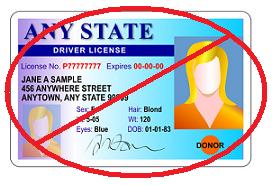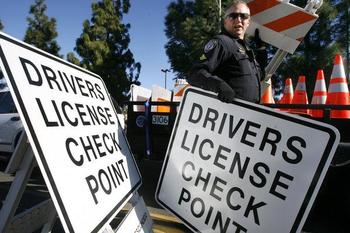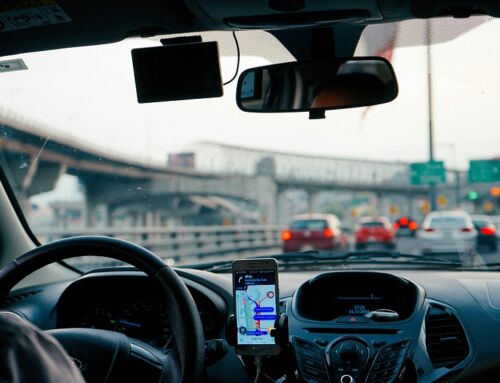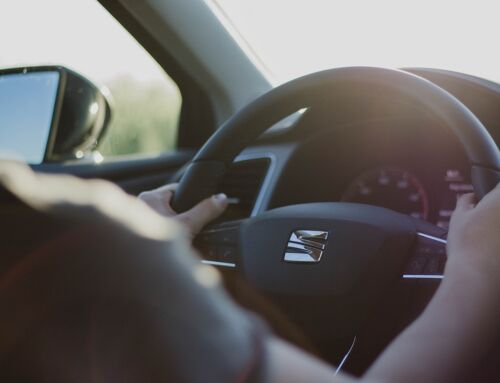William Bill Hurst – Your Indiana Car Accident Attorney
An Unlicensed Driver in an Accident
It seems that there is a common belief that when a person is in an auto accident and does not have a valid driver’s license that the person may somehow be responsible for the accident. 
In order for a driver of a vehicle to be found responsible (/“liable”) for an accident, it must be shown that the driver was negligent in the operation of the motor vehicle. It must also be found that that negligent behavior was the “proximate cause” of the accident. In determining the proximate cause, the rule is that the injury must be the “natural and probable consequence” of the negligent act. Hawkins v. Cannon, 826 N.E.2d 658 (Ind. Ct. App. 2005).
The question then arises, is driving a motor vehicle without a license “negligent?” And if it is negligent, was the accident the “natural and probable consequence” of driving without a license? The Indiana Supreme Court has made its view clear on these matters in several cases:
“We are unable to see how [age], or lack of an operator’s license, could be the proximate cause of an injury. It is true that lack of skill or knowledge concerning the operation of an automobile may cause an injury… [b]ut if a person, adult or minor, unlicensed to operate an automobile, is entrusted with one and operates it with that degree of care and skill that is required of a licensed operator, negligence cannot be [based] upon the mere fact of [age] or lack of an operator’s license.”
Opple v. Ray, 208 Ind. 450, 455, 195 N.E. 81, 83 (1935). Thus more would need to be shown than just lack of a driver’s license. The Indiana Supreme Court has said that one must look to the “facts surrounding the accident” to see whether the person was driving “with that degree of care and skill that is required of a licensed operator.” Negligence cannot be predicated upon the mere fact of minority or lack of such license.” Shaw v. Hart, 136 Ind. App. 567, 569-70, 202 N.E.2d 587, 588 (1964). Some Indiana courts have even held that evidence showing lack of a license cannot be presented at trial! Nesvig v. Town of Porter, 668 N.E.2d 1276, 1285 (Ind. Ct. App. 1996). All in all, lack of a driver’s license really has nothing to do with whether a person is responsible for an accident, though the unlicensed driver is guilty of breaking the Indiana law requiring all drivers to have a license, but that is a criminal matter.
Loaning Your Car to an Unlicensed Driver (“Negligent Entrustment”)
Another question one might have is if you, as the owner of a car, are liable for loaning your car to someone without a license when then causes a car accident. 




